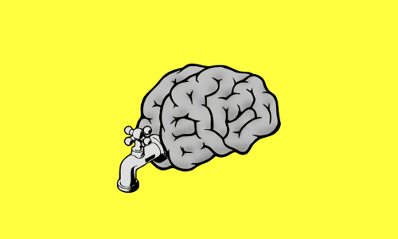Did you know that some foods can boost cognitive function and reduce symptoms of depression, anxiety and other mental health disorders?
5 Foods to Improve Mental Health
- Fatty Fish – Fish high in Omega-3 fatty acids help increase the production of brain chemicals that are responsible for our moods. Fish, as well as other foods high in Omega-3 fatty acids, have been shown to reduce symptoms of schizophrenia, depression, attention deficit hyperactivity disorder, and other mental disorders.
- Whole Grains – Simple carbohydrates cause spikes in blood sugar, which causes low energy and low mood. By contrast, complex carbs release glucose slowly, helping
us feel full longer and providing a steady source of fuel for the brain and body. Healthy sources of complex carbohydrates include whole-wheat products, bulgur, oats,
wild rice, barley, beans and soy. - Lean Protein – The amino acids, or proteins, influence mood by producing serotonin. Serotonin affects brain cells related to mood, sexual desire, appetite, sleep, memory
and learning, temperature regulation, and social behavior. Lean protein sources, including fish, turkey, chicken, eggs and beans, help keep serotonin levels balanced. - Yogurt with Active Cultures – Fermented foods, such as yogurt with active cultures, kefir, and kimchi, contain probiotics (healthy bacteria), which have been shown to positively affect stress hormones and reduce anxiety. By contrast, eating too many processed foods may compromise the delicate balance of healthy and unhealthy bacteria in the gut.
- Leafy Greens – Leafy greens are high in folic acid. Deficiencies in folate as well as other B vitamins have been linked with higher rates of depression, fatigue and insomnia. Sources of folic acid include spinach, romaine, turnip and mustard greens, and broccoli.

TOP 3 BRAIN DRAINS
- Sugar – Typically, countries with high intake of sugar also have high rates of depression. Diets high in refined sugar contribute to worsening symptoms of schizophrenia and a
higher rate of depression. - Saturated Fats – A diet high in saturated has a very potent negative impact on brain proteins that are extremely important in preventing depression. Saturated fat also has a negative effect on the stress response system, which is important in both depression and anxiety.
- Junk Food – Processed foods, ranging from chips and crackers to pizza and fast food items, are serious mood busters. Children who eat a lot of junk food are more likely to experience aggression, hyperactivity, and tantrums. Popular junk foods zap physical and mental energy and increase symptoms of sadness and anxiety

Subscribe To Our VIP Newsletter
Join our VIP mailing list to receive additional content that goes even deeper into the latest news and updates from our team as well as our wellness partners.




















